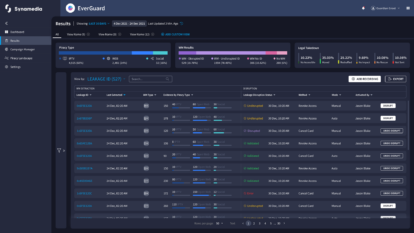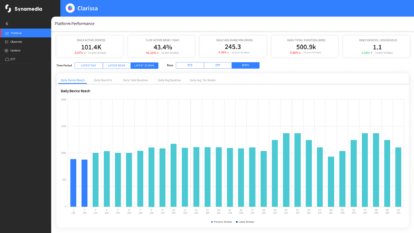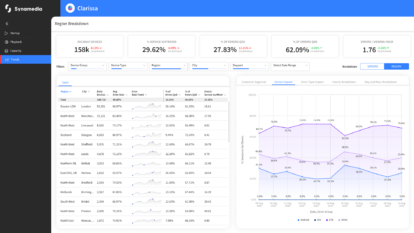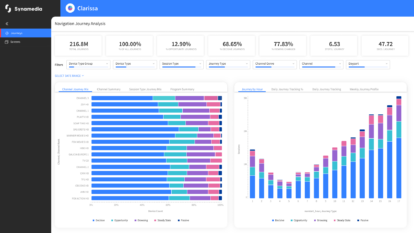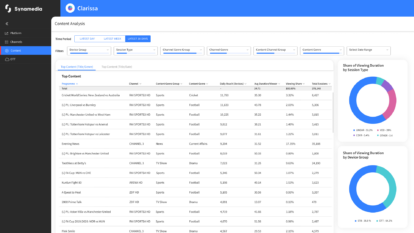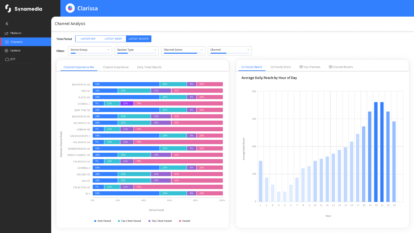LONDON and IBC Hall 1.B33 – September 3rd, 2024 – Leading video software provider, Synamedia, today announced that POST Luxembourg, Luxembourg’s largest telecommunications provider, is deploying Synamedia CDN for its linear IPTV service, called “POP TV” and other streaming services. By switching to Synamedia’s Fluid EdgeCDN, POST is enhancing control of its network through new insights and optimisation techniques.
POST chose Fluid EdgeCDN after Synamedia was able to demonstrate a proof of concept that leveraged POST’s existing on-prem infrastructure while reducing the required CDN servers to support the network by 50%, cutting energy requirements and operational costs.
By opting for Synamedia’s CDN, POST has access to network analytics and quality of experience metrics on the player. This insight allows the company to continually optimise the system configuration and its performance. Synamedia CDN supports the latest standards including the Common Media Client Data (CMCD) open specification for players’ video streaming data, ensuring POST has the most optimal CDN solution with the best possible quality of experience for its end users.
“With the support service from our previous CDN provider coming to an end, Synamedia, as one of the key CDN providers in the industry, was on our shortlist and we quickly conducted a proof of concept. Synamedia’s CDN met all our requirements and is able to support our IPTV and VOD services with the performance and technology we expect,” said Gilles Robinet, head of fixed voice, media and device management service at POST Technologies.
The wholesale organisation of POST Luxembourg Group, namely “POST Technologies”, operates POST Fixed and Mobile telecommunication networks, IPTV and streaming services as well as the national and international connectivity for local and foreign operators. POST serves nearly half of the Grand Duchy’s IPTV market and offers streaming services to hospitality and other sectors.
Julien Signes, EVP of Video Network at Synamedia, said, “Our Fluid EdgeCDN will give POST many benefits including visibility and control over video delivery. With the scalability and optimisation of its new networks, POST will cut the cost of video delivery and reduce energy requirements while users will enjoy a higher quality viewing experience.”
About Synamedia
We’re trusted by service providers and content owners to deliver, enrich, and protect video. The flexibility and agility of our cloud and SaaS products enable customers of all types and sizes to launch, monetise, and scale services at speed. Our award-winning portfolio includes advanced advertising, business analytics, broadband and streaming video platforms, intelligence-led anti-piracy, and video network cloud and software solutions. Synamedia is backed by the Permira funds and Sky.
Twitter: @SynamediaVideo
LinkedIn: Synamedia
